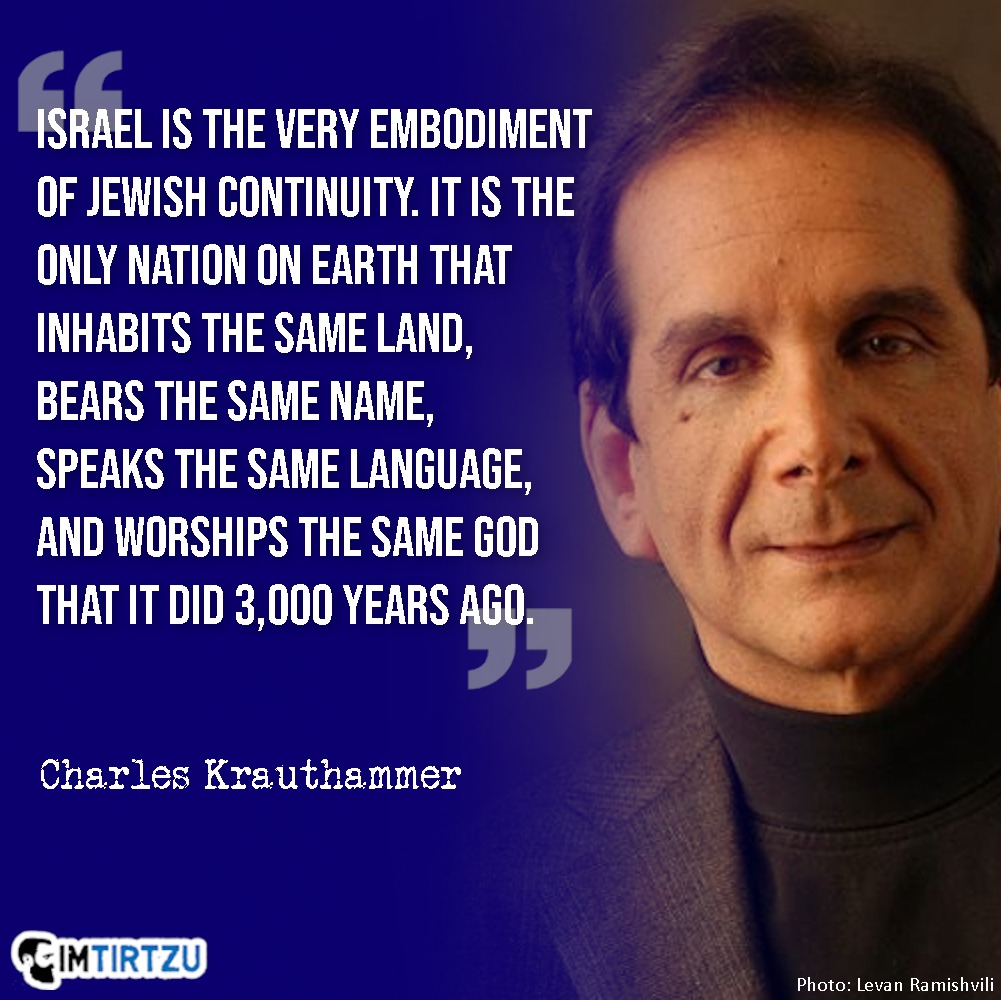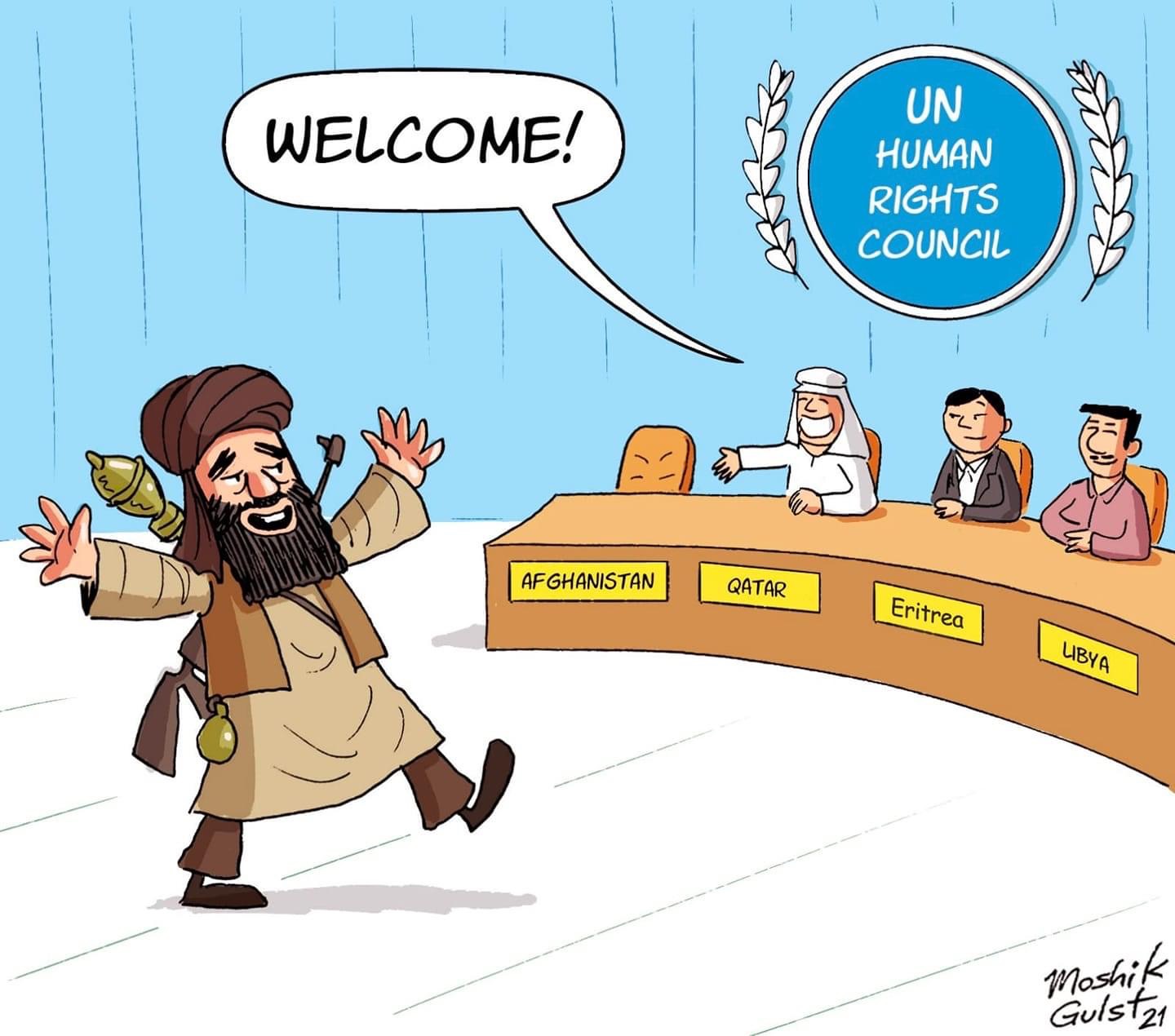David Collier: What really happened to the million Jews in Arab lands?
The need for the whitewash
By the early 20th century, the attacks on these Jewish communities were brutal. Much of it was government driven, with increasing anti-Jewish legislation appearing throughout the region. But there was also a lot of anti-Jewish violence on the street. This all spiked dramatically when Israel was founded but had started long before. The growing hostility was to drive the ethnic cleansing of every major Jewish community inside Arab lands. The creation of nearly a million Jewish refugees.
For those pushing an anti-Israel agenda – and whose entire narrative is built around the non-necessity of Zionism and the tragic existence of Palestinian refugees, the true history surrounding Jewish refugees creates five key problems:
1. The image of co-existence is a myth
2. There were more Jewish refugees created than Arab refugees
3. The value of what the Jewish refugees had stolen from them was many times greater than anything the Arab refugees can claim they lost
4. The attack on the Jewish communities was unprovoked and on an innocent civilian population. The same is not true of much of the Arab population in the mandate, with many Arab villages choosing a violent confrontation that fuelled a civil conflict
5. Like it or not, many Arab families in the mandate area had simply moved into the area as the Ottoman empire collapsed – or as Zionist investment created opportunity. This means many of the Arab refugees had no real roots in the mandate area (one example – the ‘Palestinian’ hero of the 1930s, Izz ad-Din al-Qassam – was born in Northern Syria.) The same could not be said of the ancient Jewish roots in places such as Egypt, Iraq or Yemen.
All of these factors create a huge problem for anti-Israel activists. In real terms, the unprovoked destruction of the Jewish communities in the MENA region was far worse than the destruction of the Arab communities engaged in civil conflict in the mandate area.
Another *key difference* between the two – was what followed their respective departures. While Israel looked after Jewish refugees and absorbed them – so today they no longer exist – the Arabs disgracefully *CHOSE* to weaponise the refugees. Instead of absorbing them, they locked them into camps and deliberately perpetuated their suffering. Many of the grandchildren of these Arab refugees still live in camps today, solely because the Arab nations wanted to keep them that way.
There is even mind-numbing hypocrisy in the way these people are treated. People still refer to a Jordanian whose ancestors fled the mandate area in 1948 as a ‘refugee’ – but nobody would dream of doing the same to an Israeli whose ancestors were expelled from Egypt. Both of these families have new nationalities – but are treated very differently.
But even all this misdirection wasn’t enough. Even with the UN, UNHRC, Amnesty, HRW and media outlets like the BBC – all playing along with the gross deception. The anti-Israel propaganda machine needed more.
Chair of Ben & Jerry’s Board Voted as ‘2021 Antisemite of the Year’ in Watchdog Poll
The chairperson of Ben & Jerry’s board of directors and vice president of the Ben & Jerry’s Foundation has been crowned the “2021 Antisemite of the Year” by thousands of voters in a contest organized by the StopAntisemitism.org watchdog group, it was announced on Sunday.
Anuradha Mittal was selected over two other “finalists,” singer Dua Lipa and Republican Congresswoman Marjorie Taylor Greene of Georgia, following several weeks of voting. The Ben & Jerry’s chair was a leading force behind the company’s announcement in July that it would stop selling its products in the West Bank and eastern Jerusalem — areas the ice cream maker called “occupied Palestinian territory” — by the end of 2022 because doing business there was “inconsistent” with company values.
In response to the boycott move, several US states, most recently Illinois, announced that they will divest pension and public funds holdings from Ben & Jerry’s parent company, Unilever, in accordance with anti-BDS laws.
“For us and for the voters, Mittal was clearly the 2021 Antisemite of the Year,” said StopAntisemitism Founder and Executive Director Liora Rez. “The Ben & Jerry’s boycott is shamelessly biased and Mittal’s commitment to promoting her antisemitic and anti-Israel agenda is deplorable. The way she has leveraged her namesake and power in the corporate world to promote antisemitic initiatives is horrendous.”
Mittal did not immediately respond to an Algemeiner request for comment. She defended Ben & Jerry’s decision in August, saying, “It is not about boycotting Israel … the occupation is anti-Israel. Our decision was pro-Israel, pro-humanity, pro-human rights.”
In 2018, under Mittal’s leadership, Ben & Jerry’s partnered with anti-Israel activist and Women’s March co-founder Linda Sarsour, StopAntisemitism noted. Mittal is also the founder and executive director of the left-wing policy think tank Oakland Institute, where she led a team that wrote a series of reports called “Palestine for Land and Life,” which claims to document “everyday life under occupation” and “the use of laws and military orders which subjugate Palestinians.”
Meet our 2021 Antisemite of the Year - Ben & Jerry's Anuradha Mittal
— StopAntisemitism.org (@StopAntisemites) December 28, 2021
Mittal spearheaded the antisemitic boycott against various parts of Israel that led to:
- 5 states divesting their pension assets from parent company Unilever
- an SEC investigation
- a drop in Unilever stock pic.twitter.com/INLkVpV9aG
Rabbi Abraham Cooper and Kinue Tokudome: Japan-Israel ties at 70: obstacles and opportunities
Next year, Japan and Israel will reach a major milestone: 70 years since relations were established between these two unique democracies. In that time, both countries have made immense strides from uncertain times following World War II. Today, in the 21st century, they are both among the most technologically advanced democracies.
As two people who have worked to promote understanding and friendship between Japanese and Jewish people for decades, we enter this anniversary year with great anticipation.
One of us has been building relationships in Japan since the 1980s to increase awareness and educate Japanese people about the Holocaust, Jewish history, and Israel. The other has been writing and translating books and articles about the Holocaust and Jewish people for Japanese audiences for more than 25 years.
We have traveled to Japan many times; met with Japanese government officials as well as Israeli and American ambassadors to Japan; and spoken to the media.
Recently, an interesting article caught our attention. It suggested that Japan and Israel could form a powerful new alliance with the US. This is a wonderful vision that deserves to be pursued.
However, we believe that it is imperative for Japan to first address its long-held position towards Israel that has deeply disappointed those who would support closer ties.












































